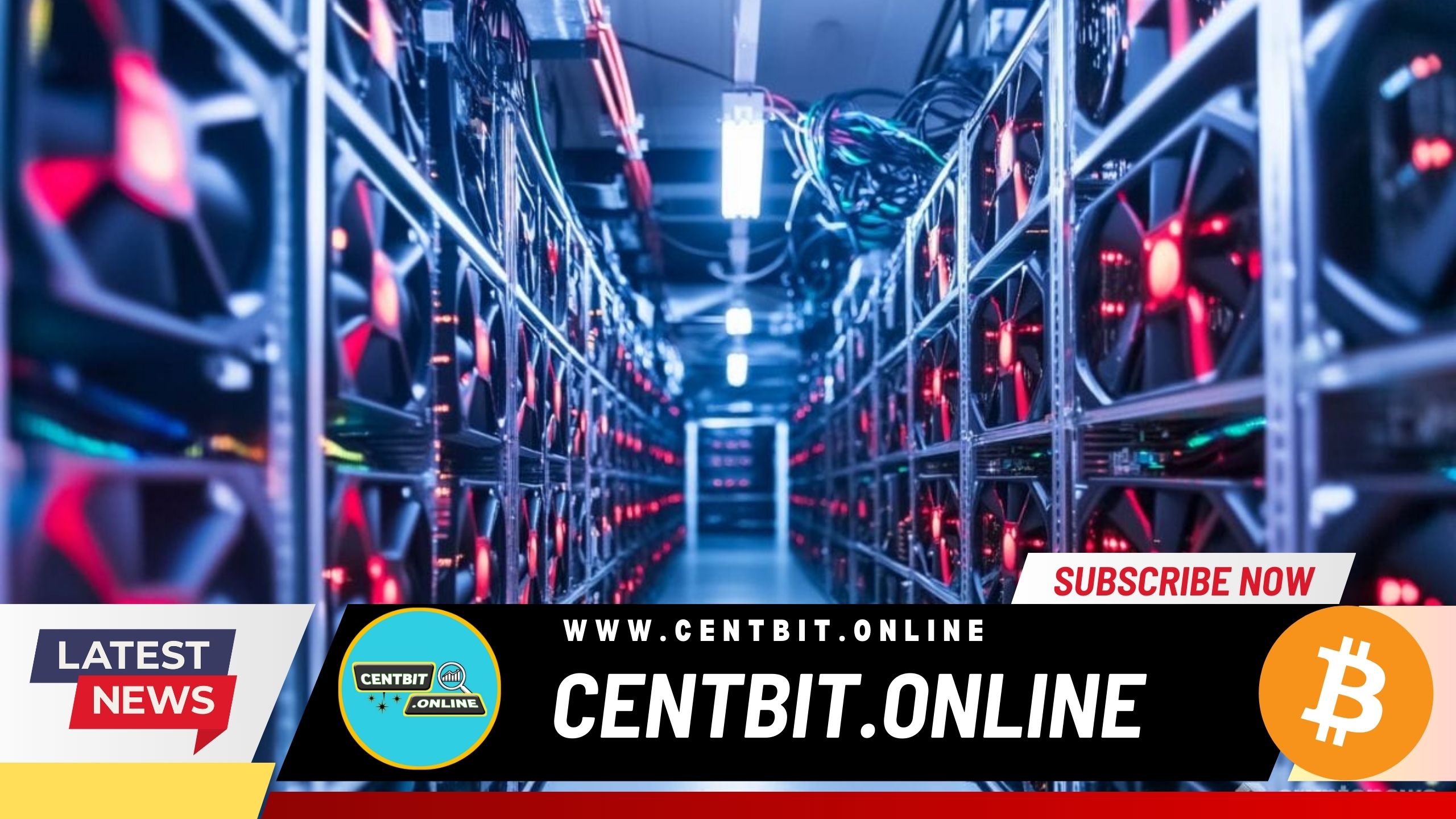The Bitcoin mining industry is grappling with rising operational costs, intensified competition, and challenging financial conditions, as highlighted in CoinShares’ recent Q3 Mining Report.
Bitcoin Production Costs Surge to New Highs Production costs for Bitcoin have soared, with the average cost to produce a single Bitcoin (BTC) reaching $49,500—up from $47,200 in Q1. This figure covers cash expenses only; when depreciation and stock-based compensation are included, the average production cost estimate climbs to $96,100 per Bitcoin. The report shows that many miners are turning to energy-efficient strategies like curtailment and renewable energy sources to manage these rising costs, though some still struggle to maintain profitability.
Funding Challenges and Competition Funding challenges have grown since the FTX collapse and with higher interest rates, leading miners to rely on alternative sources, often through share issuance. However, this method can dilute shareholder value, which has frustrated investors, according to CoinShares analysts James Butterfill and Max Shannon.
In addition to financial pressures, competition within the industry is heating up. CoinShares forecasts that Bitcoin’s hashrate will rise to 765 EH/s by 2024, increasing competition further and placing the most efficient, low-cost miners at an advantage. For example, private miner Cormint boasts the lowest production cost at $16,700 per BTC, while TeraWulf follows closely at $18,700, aided by fixed-rate power contracts. On the other hand, Riot, with the highest cost of $65,900 per BTC, managed to offset costs through $13.9 million in power curtailment credits in Q2 2024.
Strategies for Surviving the Bitcoin Mining Challenges Some miners are adapting to these challenges with strategies focused on capital efficiency and diversification. Companies like Riot, Cleanpark, and Bitfarms are prioritizing efficient growth and acquiring pre-built assets, while others like Core Scientific are investing in AI infrastructure to stabilize revenues and reduce reliance on Bitcoin’s volatile price.
CoinShares concludes that effective cost management and capital allocation will be critical for miners facing these challenges. Publicly traded mining companies will need to continue reducing costs, limit shareholder dilution, and sustain capital expenditure for growth.
Stay informed on the latest crypto mining trends with CentBit.Online – Crypto & Blockchain Expert Bangladesh.



